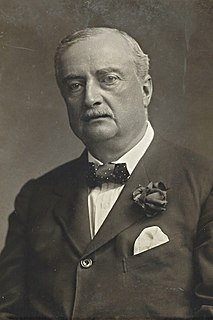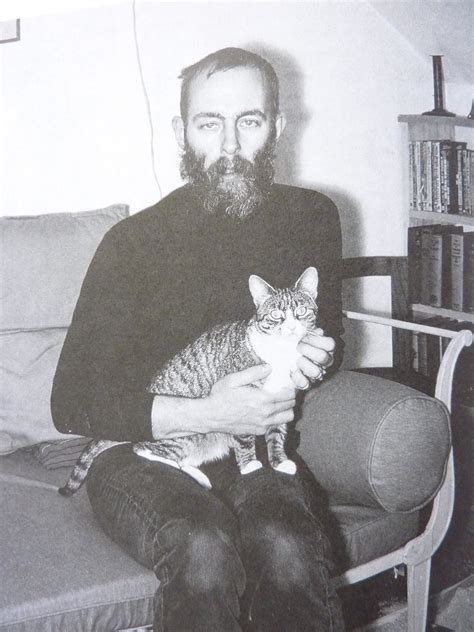A Quote by Aleister Crowley
To me, every dirty act was simply a sacrament of sin, a passionately religious protest against Christianity, which was for me the symbol of all vileness, meanness, treachery, falsehood and oppression.
Related Quotes
Jesus himself, and most of the message of the Gospels, is a message of service to the poor, a critique of the rich and the powerful, and a pacifist doctrine. And it remained that way, that's what Christianity was up... until Constantine. :Constantine shifted it so the cross, which was the symbol of persecution of somebody working for the poor, was put on the shield of the Roman Empire. It became the symbol for violence and oppression, and that's pretty much what the church has been until the present.
If one takes full account of the persecution of heretics, the frequency and savagery of the religious wars which Christianity had endangered, the harm caused, especially to children, by the pernicious doctrine of original sin, a case could be made for saying that the world would have been better off without Christianity.
God has decided the rules of life, whereby you don't trespass on anybody else's rights, and sin is something that upsets the balance of things. There are three types of sin: sin against yourself; sin against other people; and sin against God. People often sin against themselves and others and misbehave with God, too.
The way in which I know Christianity is true is first and foremost is the basis of the witness of the Holy Spirit in my heart. And this gives me self-authenticating means of knowing Christianity is true wholly apart from the evidence. And therefore, even if in some historically contingent circumstances the evidence that I have available to me should turn against Christianity, I do not think that controverts the witness of the Holy Spirit.
It seems to me there is less meanness in atheism, by a good measure. It seems that the spirit of religious self-righteousness this article deplores is precisely the spirit in which it is written. Of course he's right about many things, one of them being the destructive potency of religious self-righteousness. (p. 146)






































